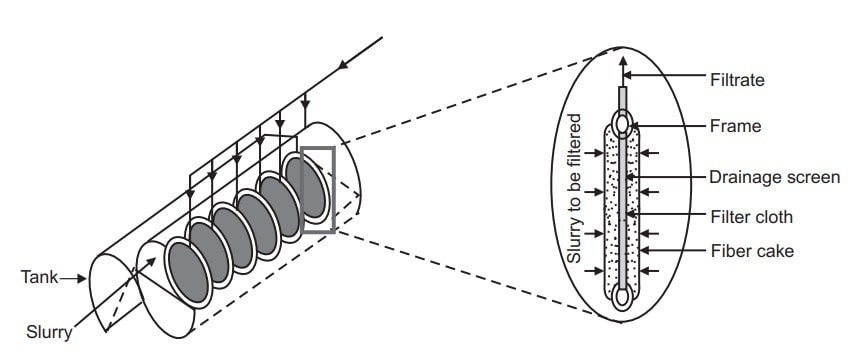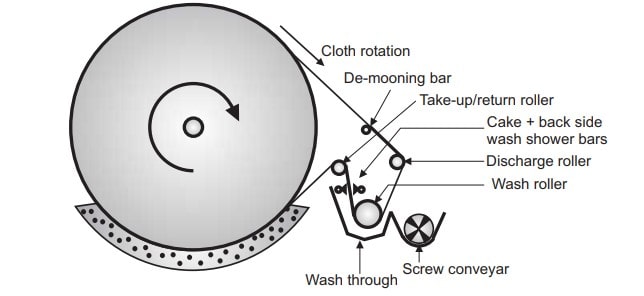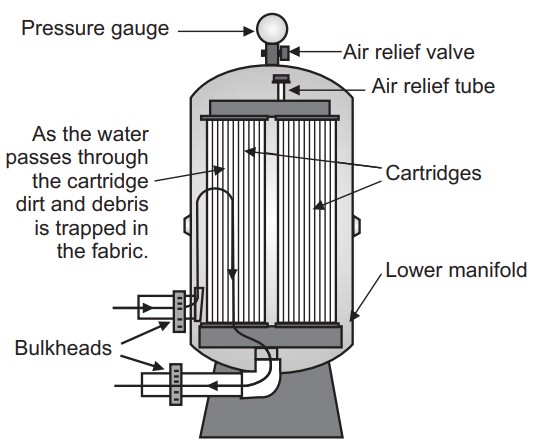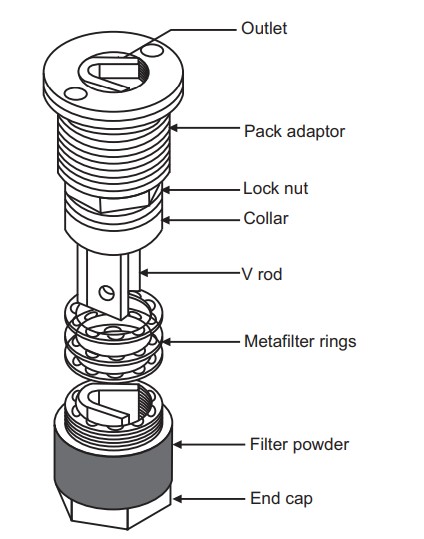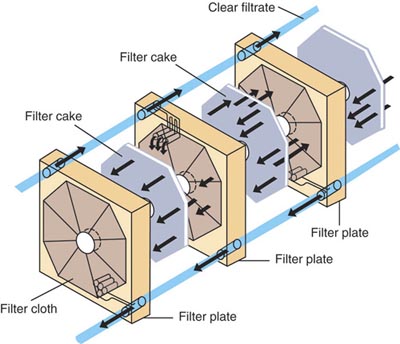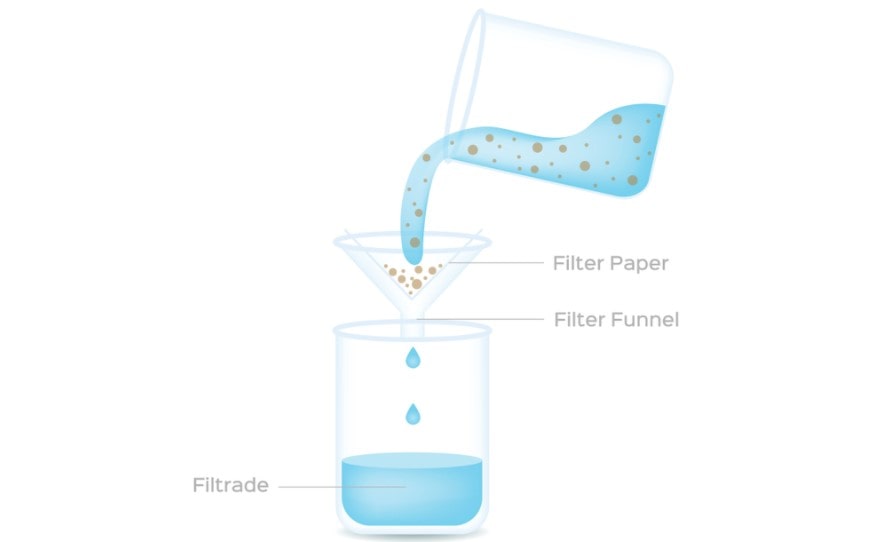What is cellular adaptation
Adaptation refers to the process by which a system seeks to restore or maintain homeostasis. Adaptive mechanisms may also be referred to as compensatory mechanisms, homeostatic mechanisms, control mechanisms, and regulatory mechanisms. Although adaptation may be physiological, psychological, or behavioral, in the system’s terminology, adaptive mechanisms are examples of feedback to the system and may … Read more



